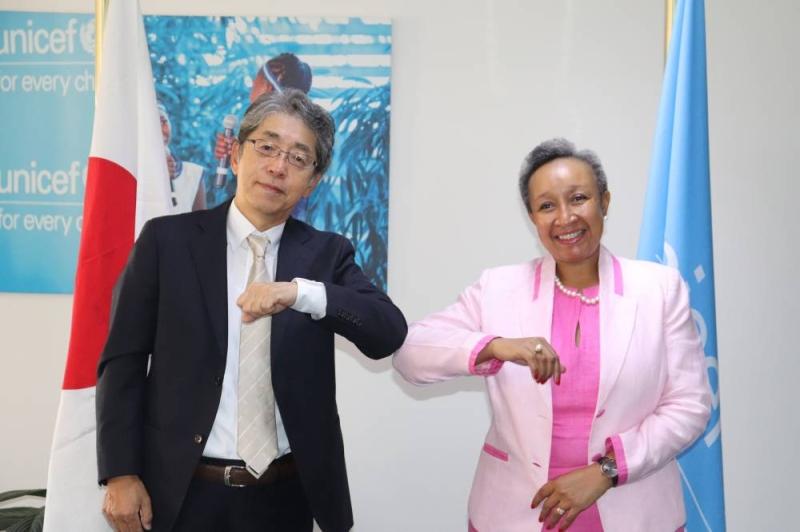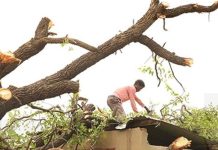Africa-Press – Botswana. The government of Japan has decided to assist approximately P7.9 million to strengthen a vaccine cold chain system in Botswana through the United Nations Children’s Fund (UNICEF).
Japan decided to extend the aid to procure cold chain equipment such as cold-storage facilities and transport. The grant will also support human resource development for operations and maintenance of cold chain equipment as well as monitoring for effective management of routine and COVID-19 vaccines.
UNICEF is in charge of the operations. The donation to Botswana this time is part of the grant aid of $30 million that is to be extended to Latin America, the Caribbean and African regions, which have suffered from the impact of COVID-19.
As a countermeasure to the COVID-19 pandemic, Japan has made diplomatic efforts to ensure equitable access to safe and effective vaccines for as many people as possible, especially through the COVAX facility.
COVAX is an UN-led multilateral system to ensure global equitable access to COVID-19 vaccines, with UNICEF in the lead on behalf of COVAX. To date, Japan has made financial contributions of $1 billion to the COVAX facility as well as more than 40 million doses of vaccine donations. To give a recent example in Africa, Japan decided in February to provide Nigeria and Malawi with approximately 860,000 doses and 280,000 doses, respectively, of COVID-19 vaccines manufactured in Japan, through the COVAX facility.
This time, Japan decided to provide relevant assistance to Botswana and other countries in cooperation with UNICEF. Hoshimaya Takashi, ambassador of Japan said, “I hope this joint cooperation will help the Botswana government in its fight against COVID-19 and improve the infrastructure of vaccine distribution. It comes at an opportune time as Japan prepares for the 8th Tokyo International Conference for Africa Development (TICAD).”
TICAD is a multilateral forum, the framework that Japan has contributed to the development of Africa since as far back as 1993 in cooperation with the United Nations, United National Development Programme (UNDP), World Bank and the African Union Commission (AUC). TICAD 8 will be held on 28th and 29th August preceded by a ministerial meeting to be held on the 26th and 27th March 2022. Since its inception in 1993, for over a quarter of a century, Japan has been supporting the health and medical system in Africa in the mid to long term through TICAD. Especially, TICAD 8 is expected to highlight the COVID-19 and health issues.
This grant is part of such an effort and towards TICAD 8 Japan will continue to work with a view of realising Universal Health Coverage (UHC) based on the concept of ‘leaving no one behind’.
“We are grateful to the government of Japan for its continued support to Botswana in critical efforts to safely and effectively deliver and store vaccines across the country, particularly at a time when Botswana is rolling out COVID-19 vaccines,” UNICEF representative in Botswana, Joan Matji said.
Matji added: “The cold chain equipment to be provided through Japan’s support will not only support Botswana’s current COVID-19 vaccination drive but will also reinforce routine immunisation services to protect children against childhood diseases. A strengthened vaccination system will further contribute to ensuring that the health system is robust enough in the event of future health crises so that children, families, and communities across Botswana can be protected.”
In 2020, Japan also provided Botswana with medical equipment such as thermographic cameras and mobile X-ray machines with the grant amount of approximately P34 million to assist with the pandemic.
Ambassador Hoshiyama (Left), Dr Joan Matji, UNICEF Representative (Right)
TUDUETSO KELAPILE* is UNICEF’s head of external communications and advocacy.
For More News And Analysis About Botswana Follow Africa-Press






